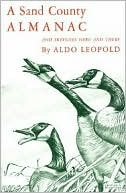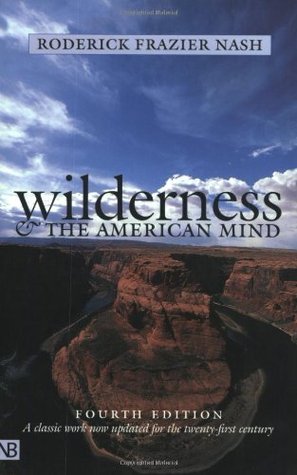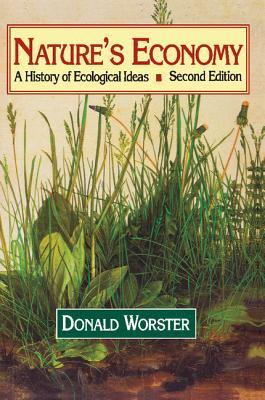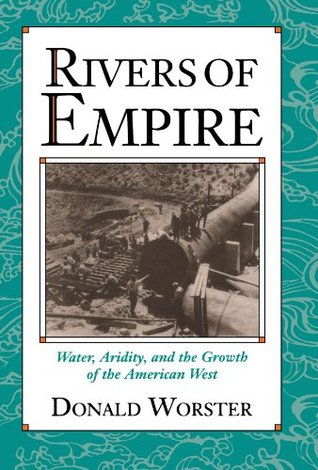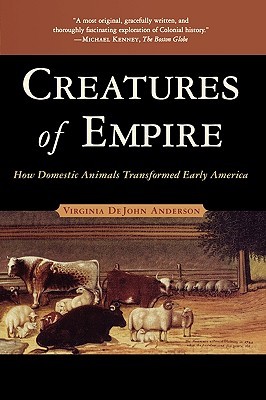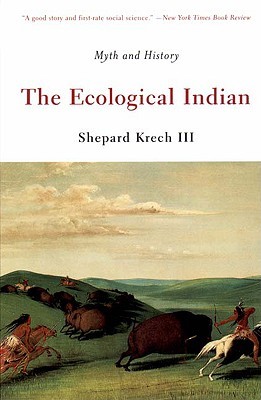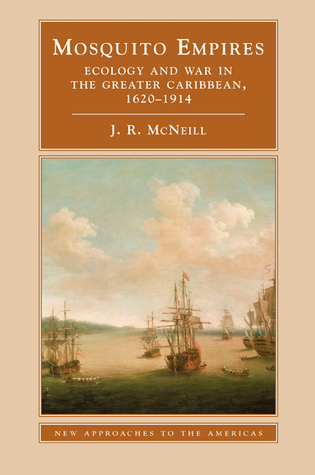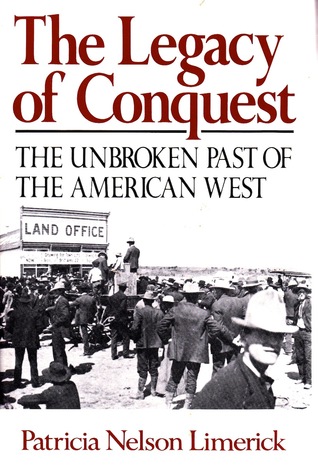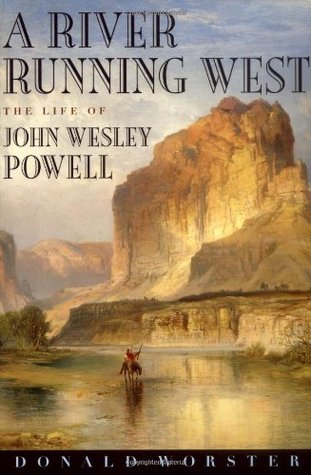Uncommon Ground: Rethinking the Human Place in Nature
10 best books like Uncommon Ground: Rethinking the Human Place in Nature (William Cronon): Silent Spring, A Sand County Almanac and Sketches Here and There, Wilderness and the American Mind, The Little Ice Age: How Climate Made History 1300-1850, The Machine in the Garden: Technology and the Pastoral Ideal in America, Nature's Economy: A History of Ecological Ideas, The Land of Little Rain, Rivers of Empire: Water, Aridity, and the Growth of the American West, Creatures of Empire: How Domestic Animals Transformed Early America, The Ecological Indian: Myth and History
| Author | Rachel Carson |
| ISBN | 0618249060 |
Rachel Carson’s Silent Spring was first published in three serialized excerpts in the New Yorker in June of 1962. The book appeared in September of that year and the outcry that followed its publication forced the banning of DDT and spurred revolutionary changes in the laws affecting our air, land,...
| Author | Aldo Leopold |
| ISBN | 0195007778 |
First published in 1949, A Sand County Almanac combines some of the finest nature writing since Thoreau with an outspoken and highly ethical regard for America's relationship to the land.
Written with an unparalleled understanding of the ways of nature, the book includes a section on the...
| Author | Roderick Nash |
| ISBN | 0300091222 |
Roderick Nash's classic study of America's changing attitudes toward wilderness has received wide acclaim since its initial publication in 1967. The Los Angeles Times has listed it among the one hundred most influential books published in the last quarter century, Outside Magazine has included...
| Author | Brian M. Fagan |
| ISBN | 0465022723 |
The Little Ice Age tells the story of the turbulent, unpredictable, and often very cold years of modern European history, how this altered climate affected historical events, and what it means for today's global warming. Building on research that has only recently confirmed that the world endured...
For over four decades, Leo Marx's work has focused on the relationship between technology and culture in 19th- and 20th-century America. His research helped to define--and continues to give depth to--the area of American studies concerned with the links between scientific and technological advances,...
| Author | Donald Worster |
| ISBN | 0521468345 |
In a narrow sense, Nature's Economy could be considered a counterpart to Kuhn's The Structure of Scientific Revolutions. While Kuhn looks at evolution of scientific knowledge from the inside, looking for moments when accumulated evidence pushes scientists to a new paradigm, Worster looks at the...
| Author | Mary Hunter Austin |
| ISBN | 0140249192 |
“Between the high Sierras south from Yosemite—east and south over a very great assemblage of broken ranges beyond Death Valley, and on illimitably into the Mojave Desert” is the territory that Mary Austin calls the Land of Little Rain. In this classic collection of meditations on the wonders...
| Author | Donald Worster |
| ISBN | 0195078063 |
When Henry David Thoreau went for his daily walk, he would consult his instincts on which direction to follow. More often than not his inner compass pointed west or southwest. "The future lies that way to me," he explained, "and the earth seems more unexhausted and richer on that side." In his own imaginative...
| Author | Virginia DeJohn Anderson |
| ISBN | 0195304462 |
When we think of the key figures of early American history, we think of explorers, or pilgrims, or Native Americans--not cattle, or goats, or swine. But as Virginia DeJohn Anderson reveals in this brilliantly original account of colonists in New England and the Chesapeake region, livestock played...
| Author | Shepard Krech III |
| ISBN | 0393321002 |
The idea of the Native American living in perfect harmony with nature is one of the most cherished contemporary myths. But how truthful is this larger-than-life image? According to anthropologist Shepard Krech, the first humans in North America demonstrated all of the intelligence, self-interest,...
| Author | John Robert McNeill |
| ISBN | 0521452864 |
This book explores the links among ecology, disease, and international politics in the context of the Greater Caribbean - the landscapes lying between Surinam and the Chesapeake - in the seventeenth through early twentieth centuries. Ecological changes made these landscapes especially suitable...
| Author | Alfred W. Crosby |
| ISBN | 0521546184 |
People of European descent form the bulk of the population in most of the temperate zones of the world--North America, Australia and New Zealand. The military successes of European imperialism are easy to explain because in many cases they were achieved by using firearms against spears. Alfred Crosby,...
| Author | Patricia Nelson Limerick |
| ISBN | 0393304973 |
The 'settling' of the American West has been perceived throughout the world as a series of quaint, violent, and romantic adventures–most with happy endings–and a process that came to an end with the 'closing' of the frontier in the 1890s.
But in fact, Patricia Nelson Limerick argues,...
| Author | Donald Worster |
| ISBN | 0195156358 |
If the word "hero" still belonged in the historian's lexicon, it would certainly be applied to John Wesley Powell. Intrepid explorer, careful scientist, talented writer, and dedicated conservationist, Powell led the expedition that put the Colorado River on American maps and revealed the Grand...

